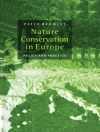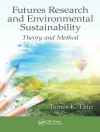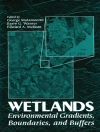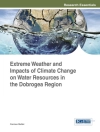In the opening chapter of Horizons in Earth Science Research. Volume 19 uses obtained kinetic data to estimate the growth rate of the basic copper carbonates with the participation of complexing agents, thus demonstrating that natural organic complexing agents can play an important role in the formation of copper carbonate minerals. The next section deals with how the presence of organic matter, which is much softer than the inorganic matrix, affects gas production in shale reservoirs. A comprehensive study of the characteristics of organic matter can improve our understanding of organic-rich shale reservoirs. Additionally, remote-sensing for oil spills is reviewed. The technical aspects of sensors are summarized and the benefits and limitations of each sensor are given. In the last few decades, as the number of reclamation projects has increased, the diversity of the landscape has also increased, as has the proportion of ecologically valuable elements (such as forests, meadows and water bodies) which can approximate the original landscape with a greater degree of ecological stability. More accurate quantification of the extent of mining activities and reclamation projects is important for exploration of environmental impacts on the ecosystem. In order to address coastal degradation, the Atlantic Andalusian Coastal District has performed beach and dune restoration planning, described by the authors as an example of sustainable coastal management. In the penultimate chapter, the method of the gravitational mass spectroscopy is used to investigate the inhomogeneity of the density in the surface layers of the Earth’s crust under the European continent in the area of massive deposits of hard coal. The final chapter describes the petrography, whole-rock major and trace-element geochemistry of lamprophyre dyke reported in southern India.
Benjamin Veress
Horizons in Earth Science Research. Volume 19 [PDF ebook]
Horizons in Earth Science Research. Volume 19 [PDF ebook]
Compre este e-book e ganhe mais 1 GRÁTIS!
Língua Inglês ● Formato PDF ● Páginas 256 ● ISBN 9781536158274 ● Editor Benjamin Veress ● Editora Nova Science Publishers, Inc. ● Publicado 2019 ● Carregável 3 vezes ● Moeda EUR ● ID 7092869 ● Proteção contra cópia Adobe DRM
Requer um leitor de ebook capaz de DRM












